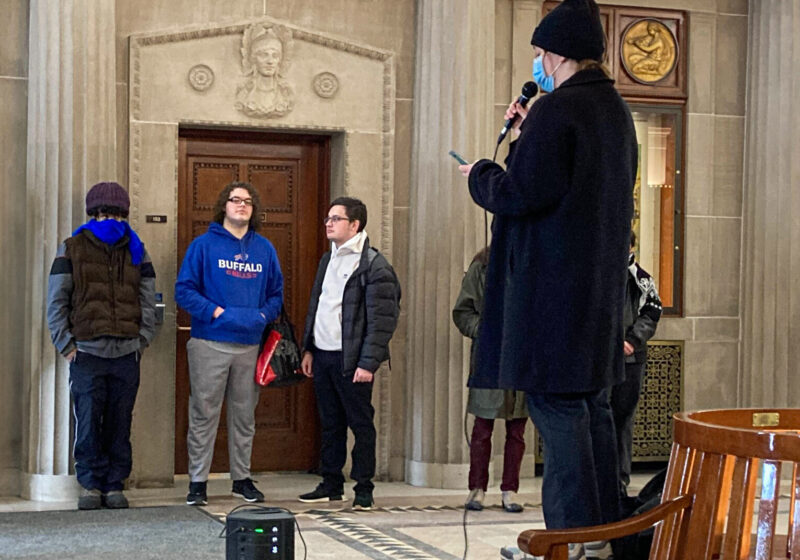The Obama Administration is considering new policies which would target for-profit colleges and protect students from amassing unpayable amounts of debt.
Currently, the average student debt after graduating college is $23,000. This number is realistically higher, since roughly 1/3rd of students take no loans at all. With a number of students taking low-paying jobs or unable to find work at all, this figure can easily be overwhelming.
“Too many of the programs failed to provide proper training and do it at taxpayers’ expense,” Education Secretary Arne Duncan said.
The new laws would demand that programs clearly provide their participants with sufficient training and knowledge needed to find a job that will provide for them and allow them to pay off their debt. Payments for student loans are limited to 10% of their income above the basic living allowance. This will reduce the payments, which were previously set at 15% of up to one million borrowers.
Additionally, after 20 years of payments, if students have not yet paid off their loans, the remainder of their debt will be forgiven. In order to entice students into public service positions, students who enter such positions will have their loans forgiven after 10 years of on-time payments.
These reforms will be sorely necessary for many future UR students as the University has recently released information on an increase in tuition for the 2014-2015 academic year.
Tuition alone will increase 3.5 percent to $46,150. Tuition, room and board combined will total $59,788, dangerously close to $60,000. This figure is a 60 percent jump from the cost 10 years ago.
According to inflation rates, if UR had pegged tuition, room, and board to inflation, the total cost would be set at $46,000.
These regulations, facing a vicious fight from the for-profit college lobby, would not take effect until 2016.
Smith is a member of the class of 2014.




